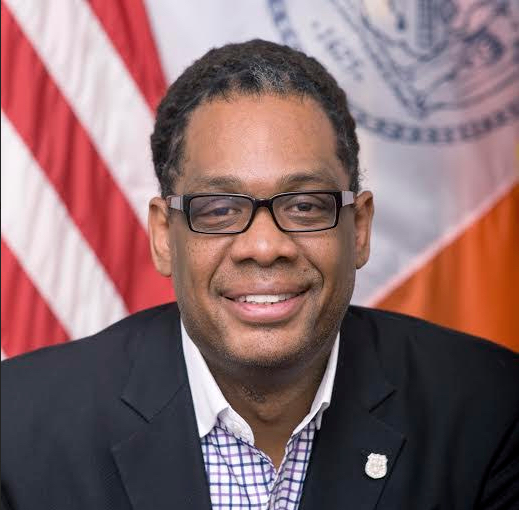Cornegy uses skills he learned as basketball player in council career

Councilmember Robert Cornegy Jr. can tell you how the ball bounces, both in politics and in life.
The freshman councilmember was the back-up center on the legendary St. John’s University basketball team that went to the Final Four in the 1984-1985 National Collegiate Athletic Association season. “That team was adopted by New York. It was a New York team,” he told the Brooklyn Eagle.

Brooklyn Boro
View MoreNew York City’s most populous borough, Brooklyn, is home to nearly 2.6 million residents. If Brooklyn were an independent city it would be the fourth largest city in the United States. While Brooklyn has become the epitome of ‘cool and hip’ in recent years, for those that were born here, raised families here and improved communities over the years, Brooklyn has never been ‘uncool’.